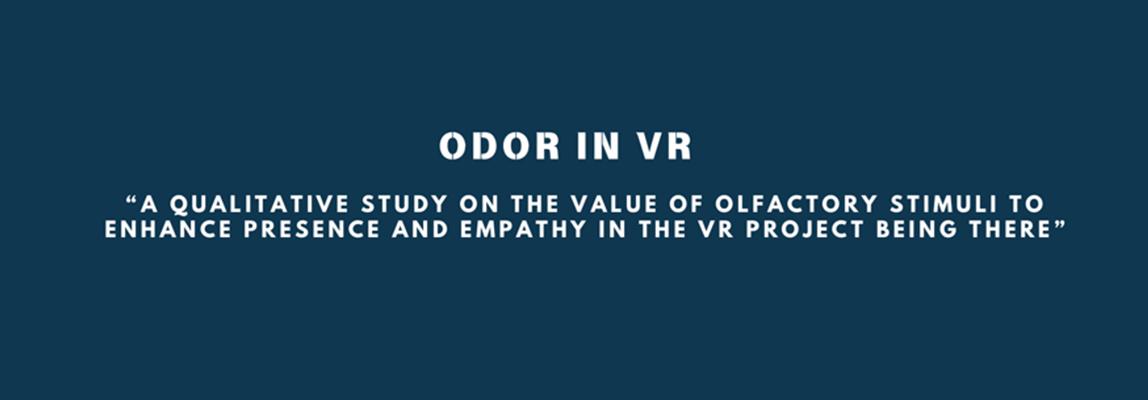
'Odor in VR': MMI alumna Laura Iannone wins edcom Graduation Competition
06/24/2025 - 14:31
With a passion for communication, language, and immersive technology, Laura Iannone’s Master's research at Breda University of Applied Sciences earned her first prize in the 2024/2025 edcom Graduation Competition. Her thesis, ‘Odor in VR. A qualitative study on the value of olfactory stimuli to enhance presence and empathy in the VR project Being There’, explored the integration of olfactory stimuli into a virtual museum created to support migrant women.